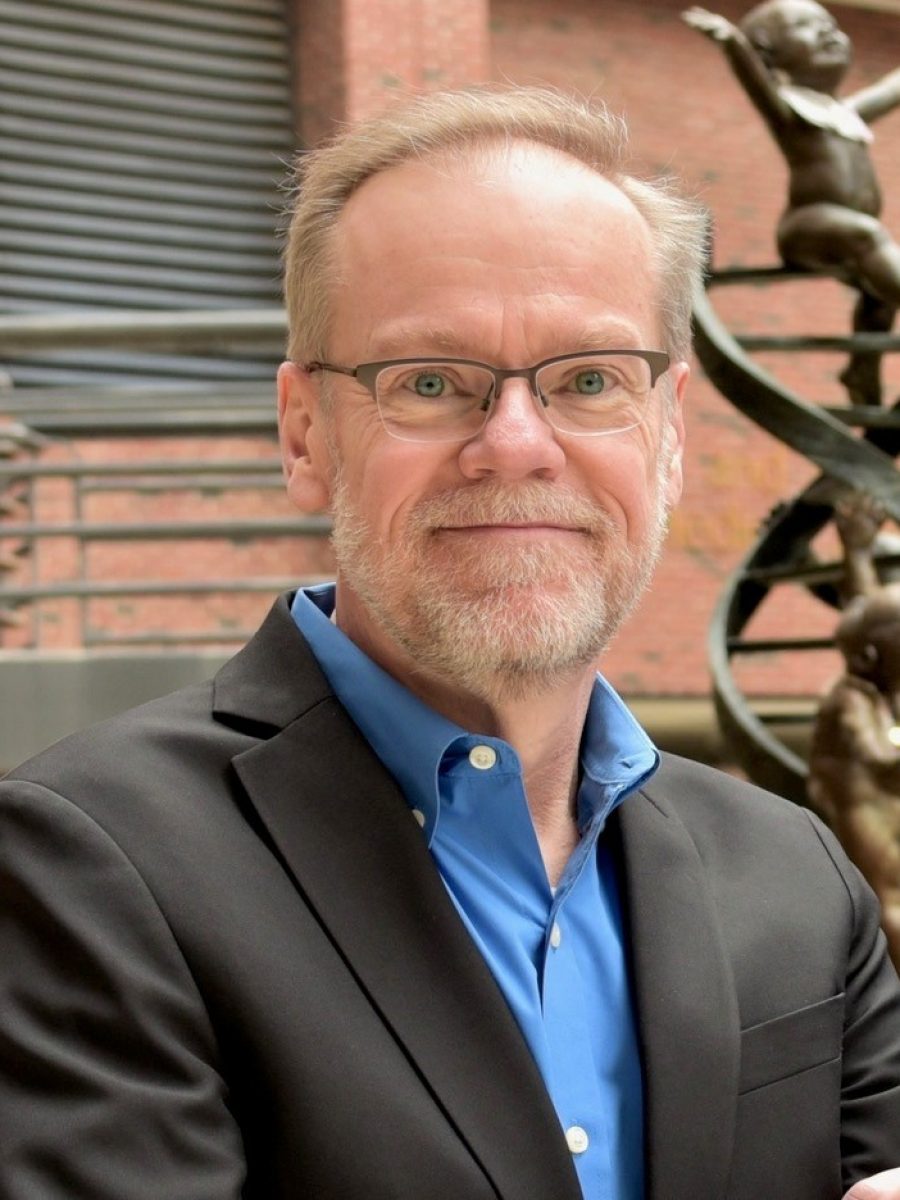
William P. Tansey, Ph.D.
Professor of Cell and Developmental Biology
Ingram Professor of Cancer Research
Professor of Biochemistry
Co-Leader, Genome Maintenance Research Program/VICC
AAAS Fellow - 2012
Regulation of transcription in normal and cancer cells.
Research Description
We study transcriptional regulation in normal and cancer cells. Research in the laboratory falls into two broad categories: (1) Understanding how the oncoprotein transcription factor MYC works and how it can be targeted for therapeutic effect in cancer cells, and (2) Understanding how components of the ubiquitin–proteasome system control gene expression.
The term “MYC” refers to a family of three related oncogenes that are broadly over-expressed in cancer and contribute to an estimated 100,000 cancer deaths annually in the United States alone. MYC proteins function as transcriptional regulators, controlling the expression of thousands of genes linked to cell growth, proliferation, metabolism, and genomic instability. MYC proteins are highly-validated but challenging drug targets for cancer therapy. Our work seeks to expose basic mechanisms of MYC action that can lead to new strategies to target MYC in the clinic. We study interactions of MYC with chromatin regulators in multiple cancer contexts, and collaborate to develop small molecule inhibitors of one particular chromatin-associated MYC co-factor, WDR5, and to explore their utility as anti-cancer agents.
Additionally, we study mechanisms that connect the transcription and ubiquitin–proteasome systems. We have previously found that the destruction of transcription factors is intimately tied to their ability to activate transcription, and that components of the proteasome play key roles in the regulation of gene expression. Currently, we wish to understand how the engine of mRNA transcription, RNA polymerase II, is controlled by non-proteolytic ubiquitylation, and how this functions in tumor-suppression.
Postdoctoral Positions Available
Postdoctoral positions are open to study MYC oncoprotein function and how it can be inhibited in cancer.